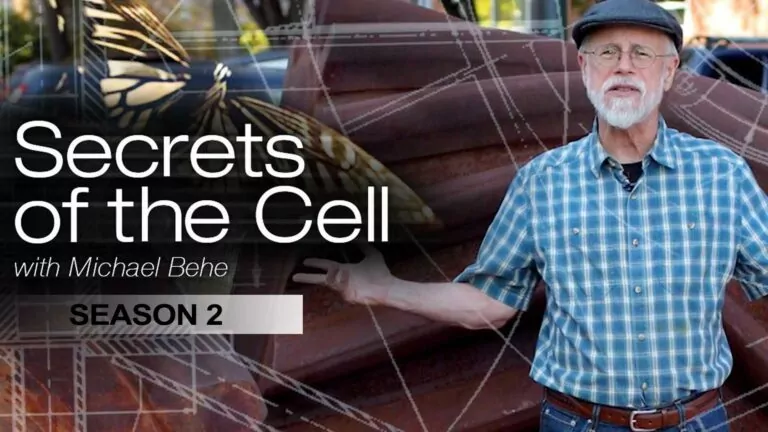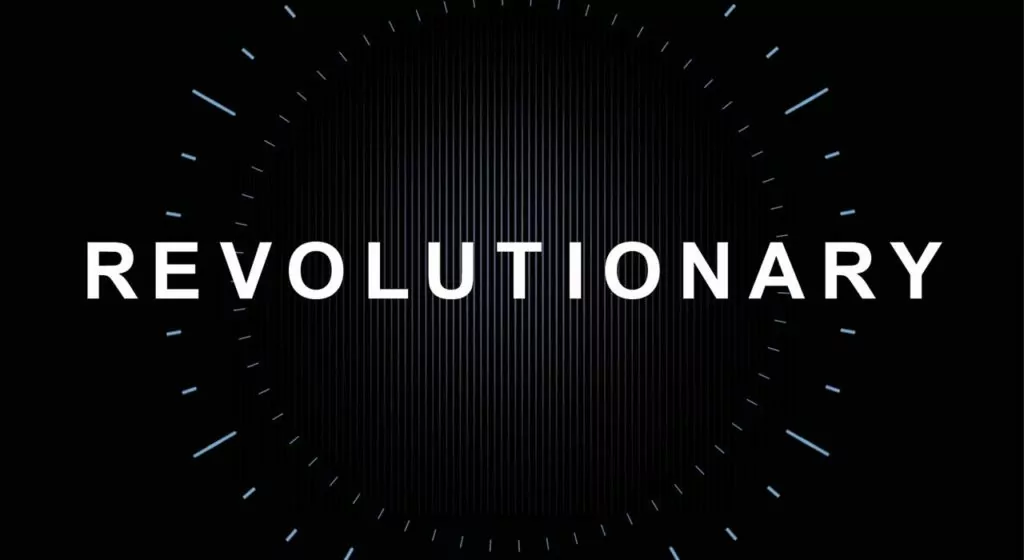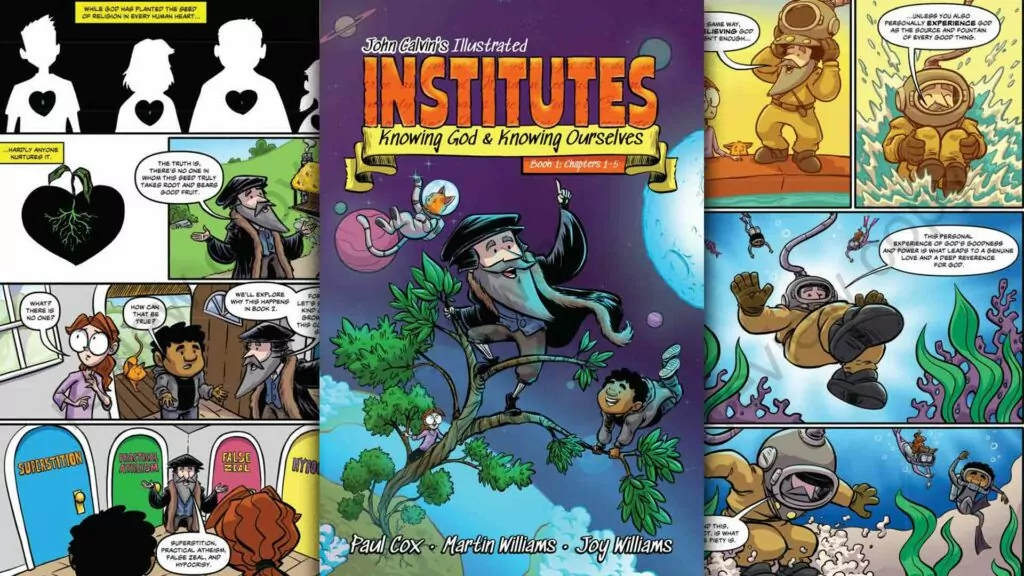Back in 2020, Dr. Michael Behe produced a series of 5 short videos highlighting how, the closer we look at the inner workings of the cell, the more apparent the fingerprints of its Designer. While Behe is Roman Catholic, he didn’t name the Designer, which is the big weakness of the series and a weakness of the Intelligent Design (ID) movement overall. ID is a “big tent” movement, welcoming Christians, Catholics, Muslims, Moonies and even agnostics who all recognize that creation gives evidence of a Creator. But who that Creator is, specifically, isn’t said. So God isn’t given His due.
That said, after watching these films, you won’t be able to help but praise Him for His genius.
While the fifth episode was the original conclusion of Dr. Michael Behe’s “Secrets of the Cell” series, it started up again 2 years later, with four new episodes so far. If you haven’t already, be sure to check out Season 1 here and look for the first four episodes of Season 2 down below.
Episode 6: Bacteria: Superheroes of the Microbial World (18 minutes)
This time Dr. Behe highlights just how complex even a simple bacterium really is, doing naturally, what no scientists has been able to do via concerted effort, and computer-assisted design. There is, in fact, an astonishing factory – one that would “rival any modern-day fabrication plant” – at work in these small organisms.
What’s so fun here is the amazement evidenced by Behe in all that he shares. He’s making an argument, one that’ll put evolutionists in their place, but he’s also enjoying himself peering closely at the wonders God has put on display on the microscopic scale. We should do likewise. Maybe the most interesting factoid this time around is, did you know that we have almost as many (generally helpful) bacteria residing on and in us as we have cells in our body? Roughly 40 Trillion, give or take a few trillion. But because they are so small, they cumulatively only weigh about 1/300th of an ounce. How’s that for amazing?
Episode 7: Blood clotting: the bodies emergency response team (16 minutes)
In this episode, Dr. Behe highlights how the blood clotting system needs to work to save us from bleeding out due to minor cuts and scrapes. But it also has to work in delicate balance, because if it works too well, it could clot blood in the body, stopping the distribution of oxygen, or causing strokes.
Behe also explores whether there are beneficial mutations. He notes that the answer is yes…. and no. Any advantages that do happen aren’t the sort that would contribute to evolutionary progress.
Episode 8: Information: the foundation of life (17 minutes)
This time Dr. Behe is asking 3 key questions
- What exactly is information?
- Why are incalculable amounts necessary for life?
- Where does information come from?
To produce even a “simpler” part of your body like the femur, all sorts of instructions are going to be needed for
- how to grow, not just in length, but in proportion to the bones that connect to it, and in parallel to your other femur.that will change and modify as a person grows and works out
- how to adapt to different workloads – if it routinely bears heavy loads it will need to widen to hold the weight
- how to repair if fracture or broken, when new bone cells will have to seal up the wound
So, all sorts of instructions, even for a simple organ. Just imagine how many instructions are needed to make your whole body run. What size of instruction manual might that be! And, as Behe alludes, we know instructions have to come from an Instructor.
Episode 9: The robot repairman inside you (12 min)
In another must-see episode, we look at some of the amazing repair mechanisms inside the cell. That our cells have so many different ways of breaking down, and need so much upkeep, creates another “chicken and egg” problem for evolutionists. As Dr. Behe explains:
“You can’t have one without the other. The first life necessarily had a complete maintenance system. And just like so much else we’ve seen about the cell, its remarkable repair machines, which sustain you every moment of your life, are products of forethought and purposeful planning. That is, they are products of intelligent design.”
Conclusion
For more Michael Behe, be sure to check out his full-length free documentary Revolutionary: Michael Behe and the Mystery of the Molecular Machines, which is both an account of the man, and also a history of the Intelligent Design Movement. The film, and our review, can be found here.
You can also watch the first five episodes of the series above – the first “season” – re-edited into one half-hour-long video.












